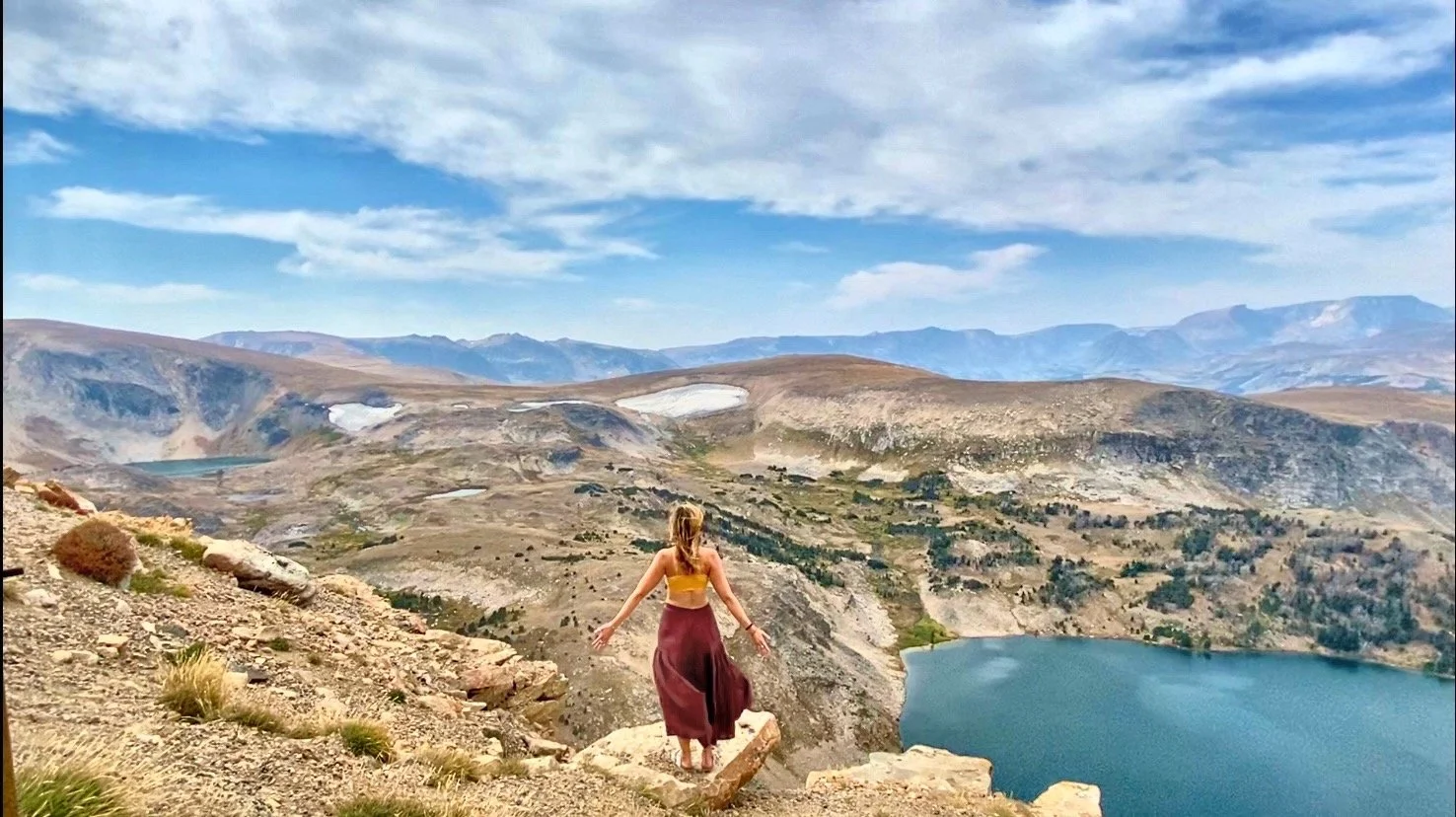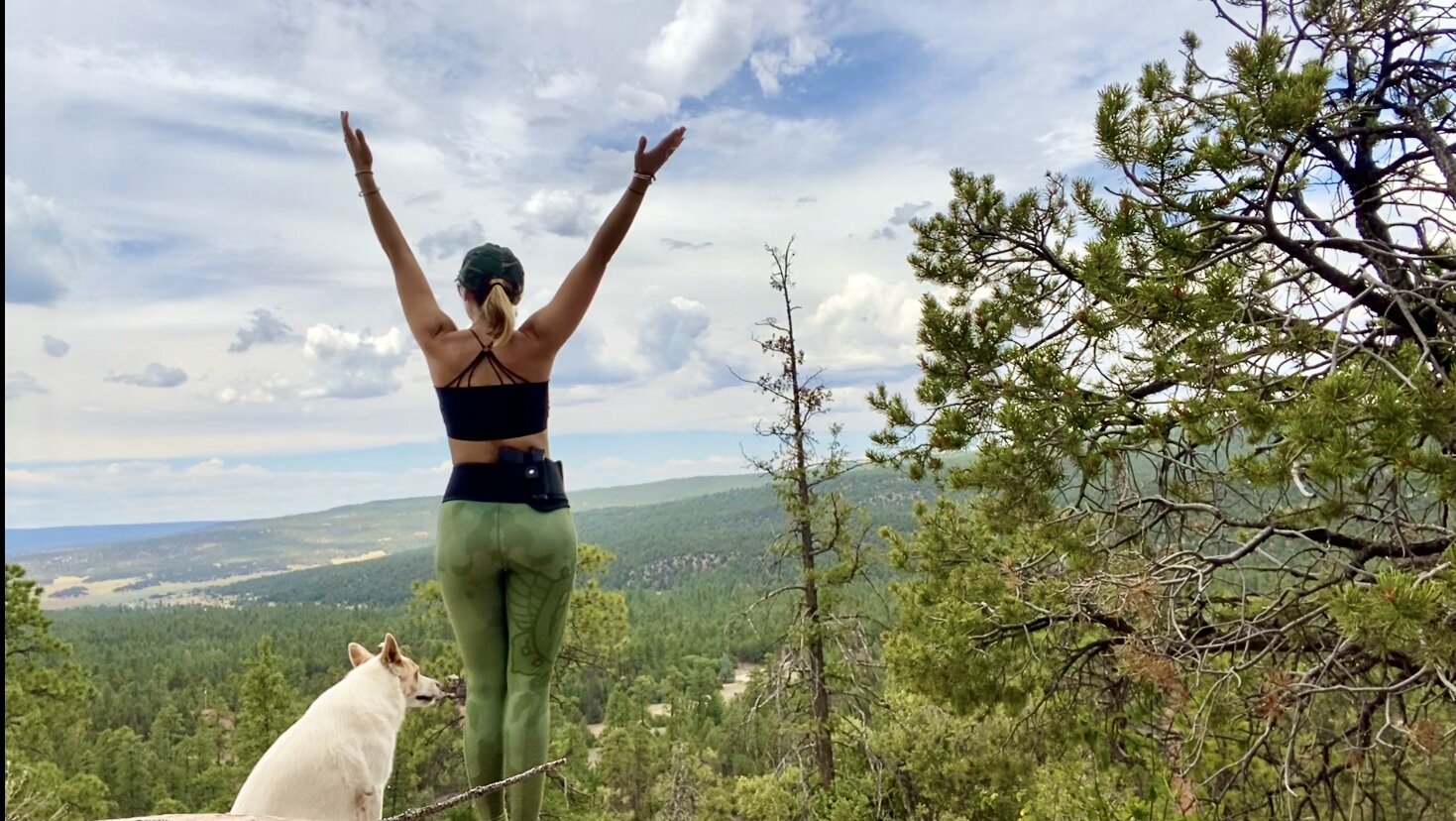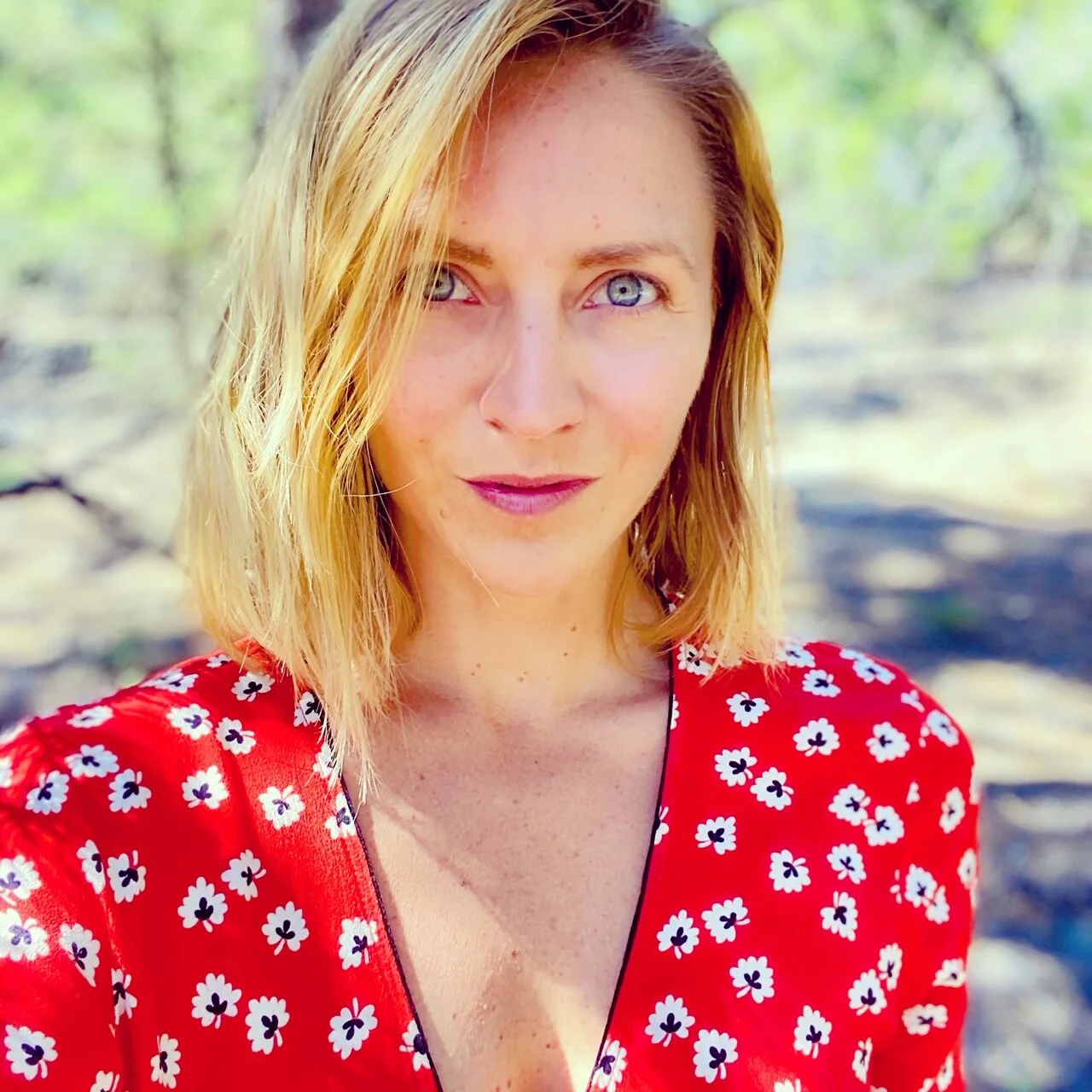Mastin Kipp once said "Anxiety, depression, and stress are all socially acceptable terms for unhealed emotional trauma”, and I completely agree with him. These days it’s normal and acceptable to say you’re under a huge amount of stress. In fact, that can even be considered a “good” thing in our society, as that implies you are busy, working hard and taking on a lot of responsibilities.
But since when has being stressed and over working been considered a good thing? Well, probably since people didn’t want to talk about trauma and acknowledge that they have outstanding issues in their life that need to be taken care of. But rather than face them head on, they chose to bury themselves in a pile of work, stressing out about other things like relationships, jobs, finances, family, etc, all as a way to mask what’s really going on.
The problem is, with any sort of unhealed trauma, big or small, you are far more likely to develop chronic depression and anxiety. It’s a vicious cycle. You stay busy and get stressed in order not to face your trauma. But then you develop chronic stress, anxiety, and depression, BECAUSE of your unhealed trauma. That’s a massive conundrum that can be easily avoided if we were to acknowledge certain hard truths about ourselves.
When you don't feel safe, when you have anxiety and feel threatened, you are experiencing trauma. A clear sign of anxiety is when you experience a panic attack. This is when your heart starts racing and your breath gets shallow and fast. Chronic panic attacks from anxiety are usually a byproduct of unhealed trauma. In order to heal the anxiety, you must heal your trauma first.
I experienced my first REAL panic attack while living out in the desert in New Mexico. I had no TV and limited internet, no cell phone service. I had to face certain things about myself that I was able to hide easily while living in Austin surrounded by friends, technology, family, and fun. When my breathing got shallow and began crying uncontrollably, I knew there was something deep within me that I had refused to accept. And that was when I had to acknowledge that I suffered from extreme anxiety.
Like depression, you sometimes don’t know you have it. I’m a highly functioning trauma survivor. I’ve held corporate jobs with six figure salaries in fast paced environments for 13 years. But behind all that I was dead inside. In 2012 when I worked from home, I rarely left my house, usually only to get groceries or drive to the park. The rest of the time I was sitting in bed eating ice cream and watching TV shows. Only years later did I realize I was suffering from severe depression.
My anxiety was a bit more sneaky. I’ve always been a “worrier” preparing for the worst and always imagining the worst case scenarios. Little did I realize that my body was living in constant overdrive and tension. My digestive system and adrenals were from the constant tension with my anxiety. Because of that, I didn’t absorb minerals or vitamins well at all. My hair started falling out because of it, and the lack of blood flow to my brain.
Of course, on the outside I seemed as normal as ever. No one knew what was going on. When you’re a high-functioning trauma survivor, no one sees that part. And you’ll know if you are one or not because when you tell others about what you’ve been through or what you’re suffering from, they’ll say, “But you always SEEMED fine.” Yup, that’s why they call us high-functioning.
Once I realized how my anxiety and panic attacks were brought on, I was able to start being more aware of my emotions and thoughts, which enabled me to prepare myself more for when a possible anxiety attack would come on. This was the best way to protect myself and literally help my body recover. I now know when I’m carrying tension, where, and how to stop it.
It’s so important to remember that even though your brain may not remember the initial trauma, or what brought on your anxiety in the first place, your body does. It will throw you into a panic when in a situation where similar emotions of vulnerability, loss of power and autonomy are present, like the initial trauma. It’s important to start being more aware of your reaction to uncontrollable situations or scenarios, as that can help you start pinpointing the source of your anxiety.
The best thing to do when you start becoming cognizant of your anxiety is to ask yourself when you first felt these emotions. If you dig deep enough, you’ll most likely recall a time from your childhood when you felt hopeless, alone, and afraid. This will allow you to go directly to the source of your trauma, and work with a specialist like me in order to heal that emotional wound and release the trauma bond from that event to your anxiety.
The trauma we are suffering right now due to COVID-19 may seem insignificant, but it's happening to us. We're all experiencing feelings of hopelessness, powerless, and a loss of autonomy. If you notice you're becoming more anxious or are experiencing symptoms similar to a panic attack, don't worry! You are having a normal reaction to an abnormal situation.
There may be a lot of things you have to work on post-pandemic and it's ok to acknowledge there is a huge possibility you may never go "back to normal" again. That's ok! Normal is subjective, and as autonomous human beings, it's our right to evolve and grow throughout life. We can create a new normal, a new life, and new structures! Trying to go back to the way things were will only frustrate us more.
If this idea creates anxiety for you, or if any other situation in your life leads you to shortness of breath and panic attack symptoms, there's a remedy for that! Below is an easy, 4-step prescription to calm a panic attack within five minutes, written by #AmenClinics:
1. Breathe! Take slow, deep breaths to boost oxygen to your brain to regain control over how you feel.
2. Don’t leave. If you leave wherever you are, you’ll start to associate that place with panic, and you’ll give it power over you. - THIS IS KEY!!
3. Write down your thoughts. If your thoughts are distorted, talk back to them.
4. Take calming supplements or medications if needed.
---Remember, this is the last step to be used only if the first 3 aren’t effective.
Remember that you will be ok. You will be fine. You will get through this, you will survive. You are safe, you are protected, you are loved.








